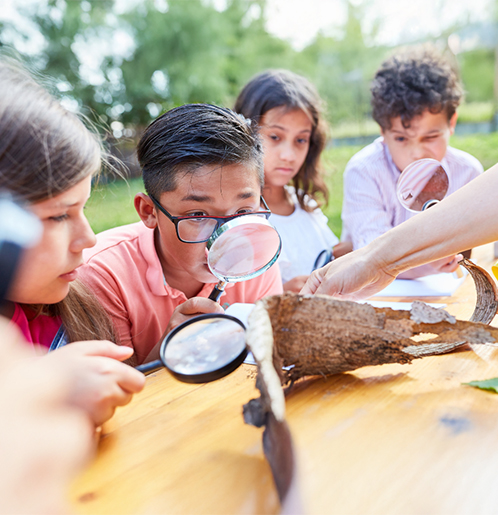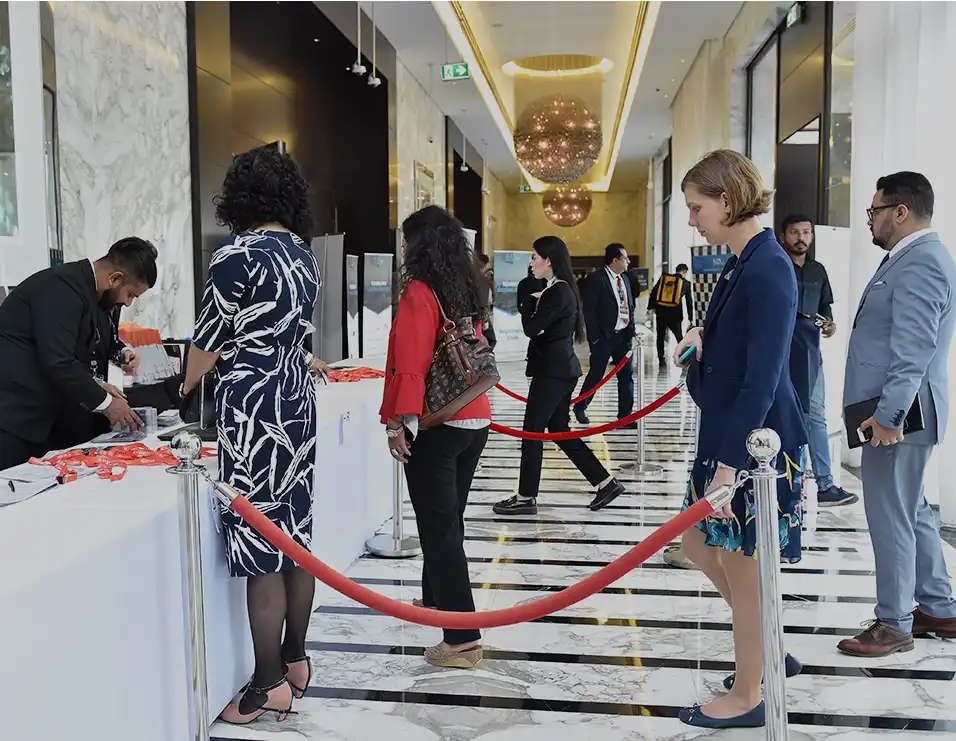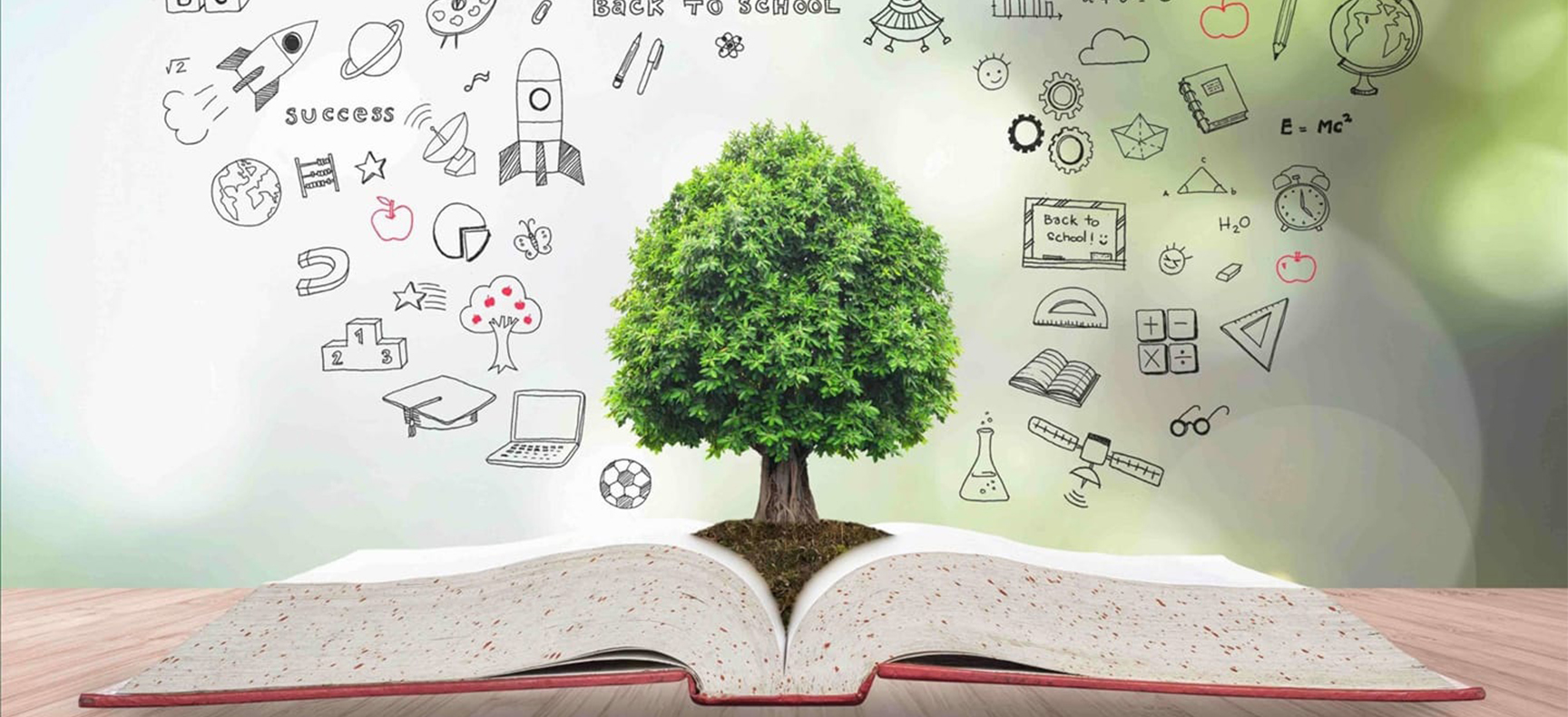Understanding Sustainability Education
Sustainability education goes beyond environmental facts; it instills values, skills, and attitudes needed for responsible citizenship. At the Education 2.0 Conference, experts will discover ways to implement sustainability education programs through project-based learning, community initiatives, and interdisciplinary studies.
Students engaged in sustainability education programs analyze environmental impacts, evaluate social consequences, and develop solutions that balance economic, social, and ecological priorities. Practical exercises, such as conducting energy audits or organizing local clean-up projects, foster real-world understanding and ethical decision-making.
Through sustainable education, learners explore how financial decisions influence the planet and society. They gain insights into responsible investing, budgeting, and entrepreneurship, linking sustainability concepts to economic literacy. This holistic approach ensures students are prepared for academic success and future career challenges.

Importance Of Sustainability Education
In a rapidly changing world, sustainability in higher education is essential. At our global education conference, experts emphasize equipping students with knowledge, skills, and attitudes to address climate change, resource scarcity, and social inequalities. Integrating sustainability into curricula builds critical thinking, collaboration, and leadership abilities.
Students participating in education for sustainable development gain problem-solving skills, creativity, and practical experience. They learn to manage resources efficiently, approach challenges proactively, and develop an ethical mindset. Engaging in interdisciplinary projects helps students connect classroom learning with global sustainability goals.
Moreover, sustainability education programs inspire civic engagement. By understanding environmental, social, and financial responsibilities, students are motivated to participate in community initiatives, advocate for change, and make informed decisions that impact society positively. Our education summit showcases successful programs that demonstrate tangible outcomes in schools and universities worldwide.
Resources To Explore
To make the most of education for sustainable development sessions at our education innovation summit, explore these carefully curated resources. They offer practical strategies, research insights, and tools that can be adapted in classrooms and higher education settings to implement effective sustainability education programs.
Books
These books provide educators with frameworks, research, and strategies for implementing sustainability education programs:
- Education For Sustainable Development: Challenges, Strategies, And Practices — Walter Leal Filho
Offers practical guidance to integrate education for sustainable development into curricula, including project design and interdisciplinary approaches. - Sustainable Finance And ESG: A Practical Guide — Olaf Weber & Jan Mazenauer
Explains sustainable finance education by linking ethical investment, budgeting, and responsible business practices for student learning. - Learning For A Sustainable Future — Arjen Wals
Provides research-backed strategies for sustainability education programs, emphasizing experiential learning and community engagement.
Watch & Listen
These talks and podcasts provide insights for improving sustainability education:- TED Talk: The Case for Optimism On Climate Change
Explores global sustainability challenges and practical solutions for students and educators. - The Sustainability Agenda Podcast
Features leaders discussing innovations in sustainability education programs and approaches to teaching sustainability. - YouTube: Sustainability in Higher Education
Offers practical strategies for integrating sustainability in higher education curricula and student projects.
Try
These tools allow students to apply education for sustainable development in practical ways:
- Eco-Schools
A platform to implement sustainability education programs through school-based projects and community initiatives. - En-ROADS Climate Simulator
An interactive tool helping learners understand climate models, promoting sustainability education in real-world scenarios. - STARS (Sustainability Tracking, Assessment & Rating System)
Provides metrics for universities to evaluate and enhance sustainability in higher education, guiding curriculum and operational improvements.
Frequently Asked Questions
Q1: Can sustainability education be applied outside science subjects?
Yes. Sustainability education can be integrated into literature, economics, and social studies through interdisciplinary projects and critical discussions.
Q2: Are these programs practical in real classrooms?
Absolutely. Sustainability education programs combine hands-on activities, case studies, and local projects to teach actionable skills.
Q3: How can higher education institutions implement sustainability initiatives?
Integrating sustainability in higher education strengthens student engagement, research, and community leadership while fostering global awareness.
Q4: How can students learn responsible financial practices?
Sustainable finance education equips learners with knowledge on ethical investment, resource management, and eco-conscious financial decision-making.
Q5: Are these approaches suitable for beginner educators?
Yes. Step-by-step guidance at our summit makes education for sustainable development accessible to teachers of all experience levels.
Join The Global Sustainability Movement
If you are creating programs or projects to advance sustainability education, participate in our global education conference as a speaker or contributor. Share strategies, showcase innovations, and help shape globally responsible and environmentally conscious learners.
Get In Touch


